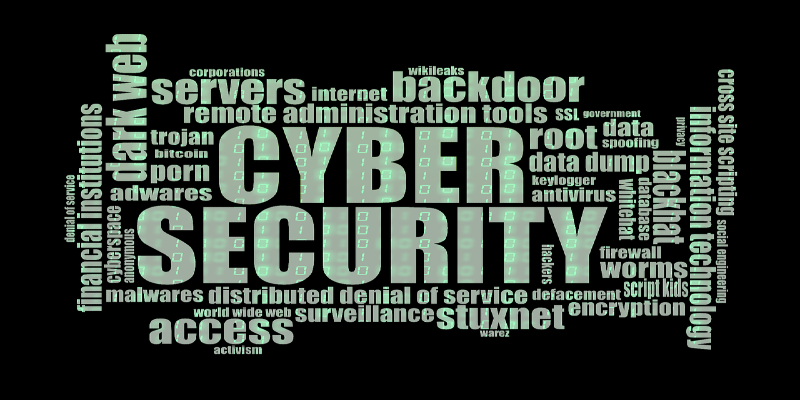A safer internet starts with you.
From cyberbullying, to phishing, to identity theft, attacks are only increasing in sophistication and intensity. 74 per cent of respondents in India reported experiencing an online safety risk in the past year, as per Microsoft’s Global Online Safety Survey 2023.
As we celebrate Safer Internet Day on February 7th, it is important to promote awareness on the safe and responsible use of technology to make the internet a better place for everyone.
Here are four identity security threats that organizations and individuals should be aware of in 2023:
1. Password Attacks
Passwords are becoming less and less secure, and hackers are becoming increasingly adept at cracking them. This is why organizations and individuals alike should consider using strong, unique passwords, and consider using multi-factor authentication (MFA) to add an extra layer of security.
2. Multi-Factor Authentication Attacks:
Multi-factor authentication (MFA) adds an extra layer of security to your accounts, but it’s not foolproof. Hackers are finding new ways to bypass MFA systems, so it’s important to stay informed and use the latest MFA methods, such as using a code sent to your phone or a fingerprint scan. Picture it like having a guard standing outside the safe. The guard makes it harder for the thief to steal your wallet, but the guard could still be tricked.
3. Post-Authentication Attacks
Even if you have strong passwords and MFA in place, your identity is still vulnerable to post-authentication attacks. These attacks occur after you have logged into an account, and may involve a hacker exploiting a vulnerability in a website or application to steal your data. To protect against post-authentication attacks, Zero Trust principles like running effective endpoint protection, managing devices, and, critically, using least privileged access (meaning, run as a user, not an admin, on your machines) are great defenses.
4. Infrastructure Attacks
Finally, it’s important to be mindful of infrastructure attacks, which can compromise the security of your digital identity. Attackers take advantage of outdated, unpatched, or otherwise insecure on-premises network vulnerabilities to steal secrets and subvert the infrastructure we rely on. To protect against infrastructure attacks, it’s important to regularly update your security software, reduce dependencies on on-premises infrastructure and shift authority to the cloud where possible.
By being informed and taking the necessary steps to protect your online information, you can help ensure the safety of your personal and financial information.
On this Safer Internet Day, let’s all make a commitment to a safer and more secure online world.







